Let’s face it, sometimes it feels like we’re being ripped off, but hey, at least they’re making a side business out of it, right? Jokes aside, if you’re planning a trip to Kenya, it’s important to understand the state of quality control in the country. From goods in markets to the broader implications of corruption, here’s what you need to know and what we have experienced while living in Kenya and moving from London.
Kenya and Quality Control
Staying in Kenya for a while now, we can confidently say that the quality control of goods in stores like supermarkets is almost non-existent. We have often seen something that looks nice, only to find it broken, rusty, or of very cheap quality, despite a hefty price tag.
This lack of quality control can be blamed on several factors, but, we believe it stems from corruption. Without proper checks and balances, substandard products make their way into the market, leaving consumers disappointed. For example, we recently visited a popular store called “Little More.” They sell trendy home goods that look pleasing to the eye and are quite affordable. However, almost everything we bought was broken. Had we known beforehand, we would have double-checked the items before bringing them home. And a word of advice: don’t blindly follow those trendy TikTok videos promoting the latest “must-have” items!
We also bought a few items from the largest supermarket in Kenya, Carrefour. Yes, the French retail giant is the dominant supermarket here. One of the items we bought was a manual water pump, but we discovered afterwards that the build quality was very bad. The plastic bits inside the tube were getting into the water we were drinking, and luckily, we found it and bought a different one. The build quality was worse than something you would get from Temu.

So Does Corruption Exist?
Yes, corruption exists and is evident as soon as you land in the country, from airport immigration to your local supermarket. There are many reasons why corruption persists in Kenya, primarily due to weak measures to tackle the issue. However, it ultimately boils down to people not earning enough money. Therefore, many are willing to accept a side payment to overlook certain regulations, seeing it as a side business. This affects consumers and customers, as we often do not get the best quality for our money.
Given the issues with quality control and corruption, navigating the market in Kenya requires a keen eye. Always inspect goods thoroughly before purchasing and be prepared to haggle. Building relationships with local vendors can also help, as they may offer better deals to regular customers. Additionally, seeking recommendations from locals can lead you to more reliable sources of quality products.
People’s Resilience
Despite the challenges, the people in Kenya are incredibly resilient and resourceful. Many locals are trying to improve the situation by creating quality products and services. For instance, there are several community-based initiatives aimed at promoting fair trade and quality craftsmanship. Supporting these efforts can not only ensure you get better products but also contribute to the local economy positively.
While the current situation may seem bleak, there is hope for improvement. Increased awareness and demand for quality control can push for better standards. Additionally, fair wages and stronger anti-corruption measures can lead to significant changes. However, reaching the level of quality control seen in Europe may be challenging if the fundamental issues of fair pay and corruption are not addressed.
Conclusion
While traveling in Kenya, it’s important to stay informed and cautious about quality control and corruption. Although the current situation poses challenges, there are still many positives to enjoy, such as the resilience and friendliness of the people. Hopefully, these issues will be addressed over time, but for now, understanding and navigating the market effectively can help you make the most of your trip. Whether you’re a nomad, a family looking to travel, or an adventurous solo traveler, being aware of these aspects will help you better prepare for your journey to Kenya.


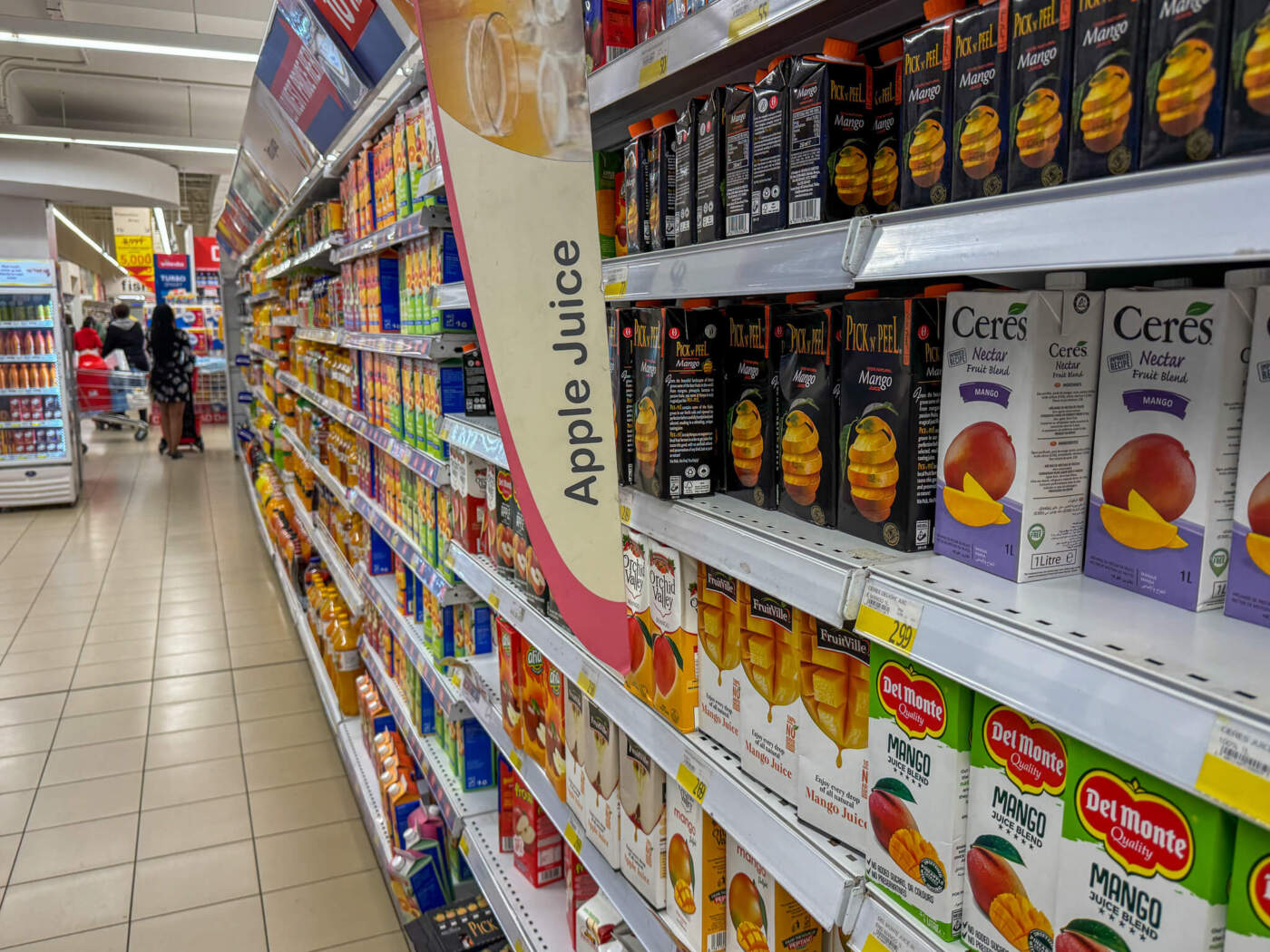
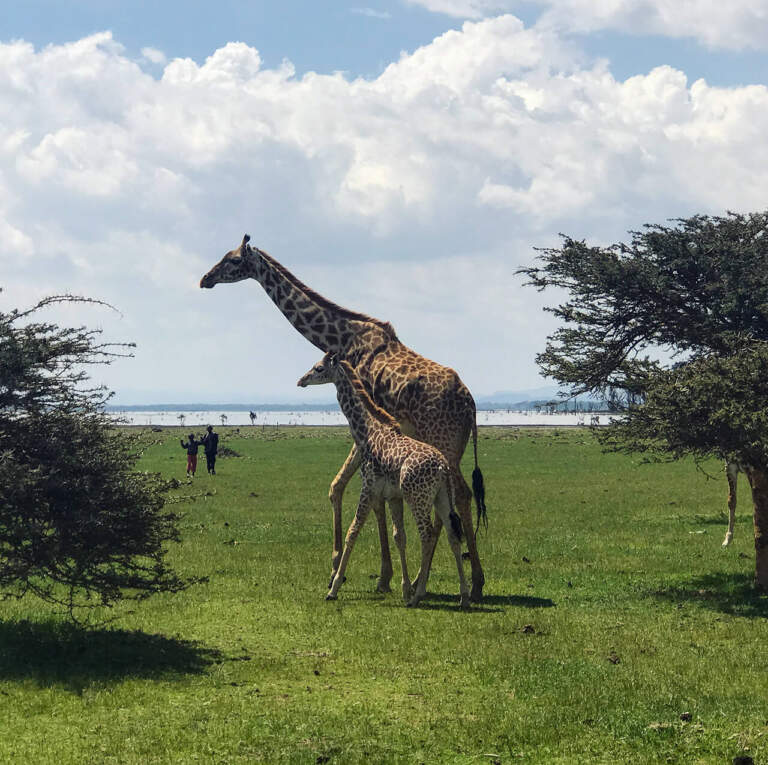



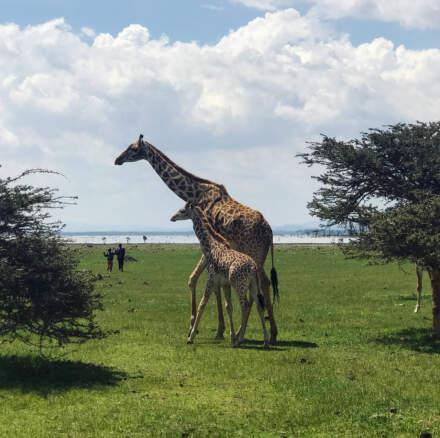
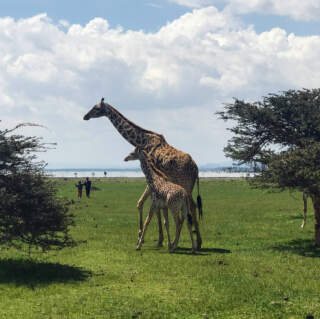
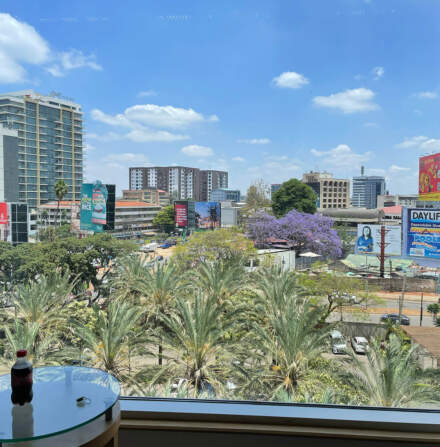
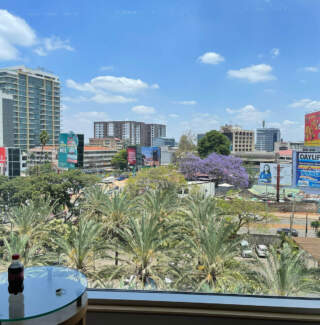
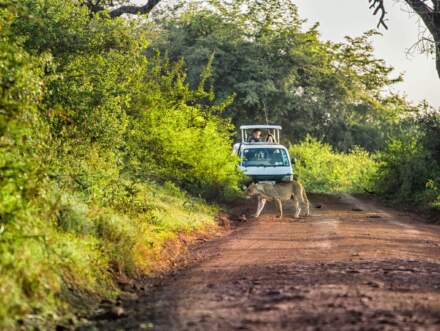


1 Comment